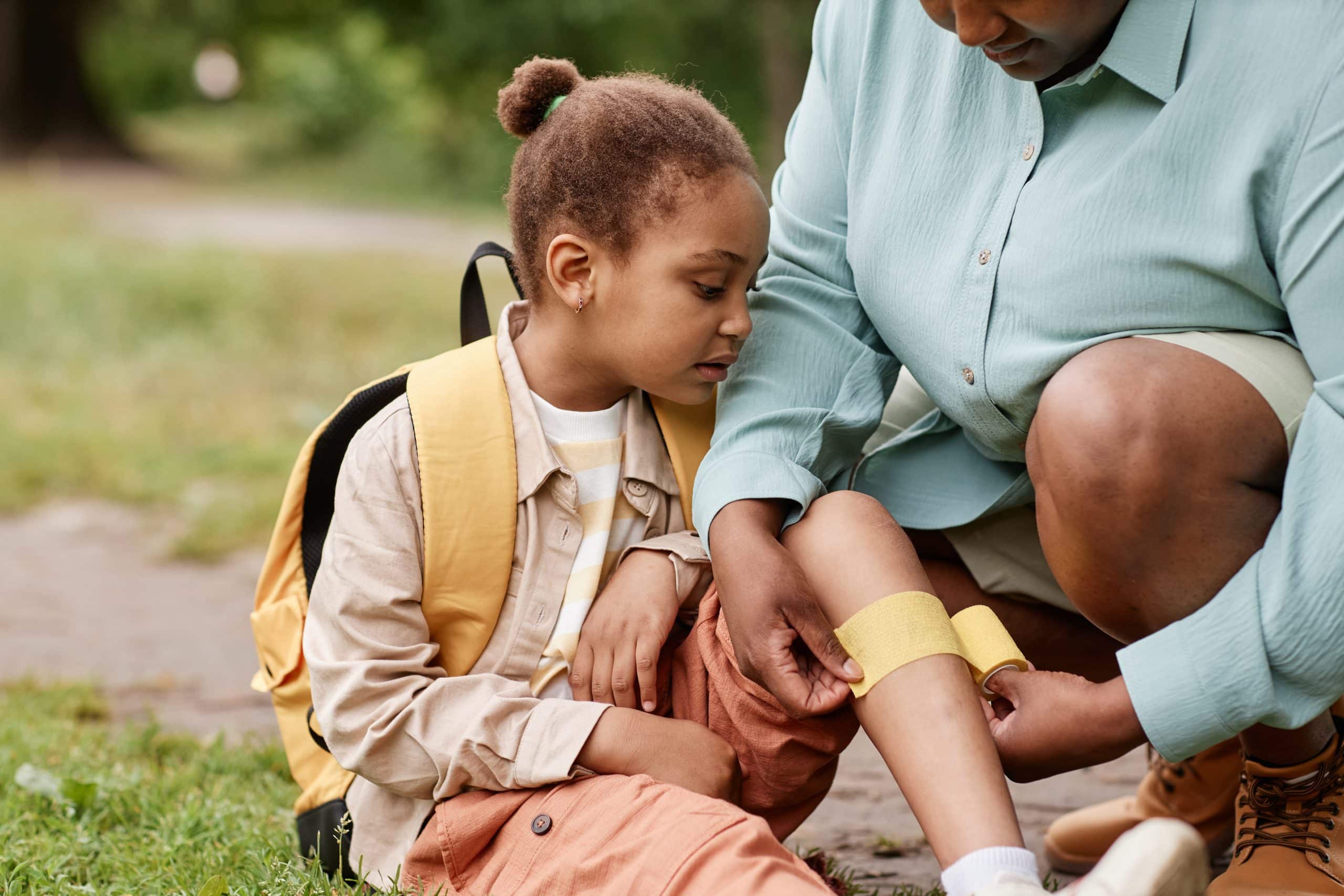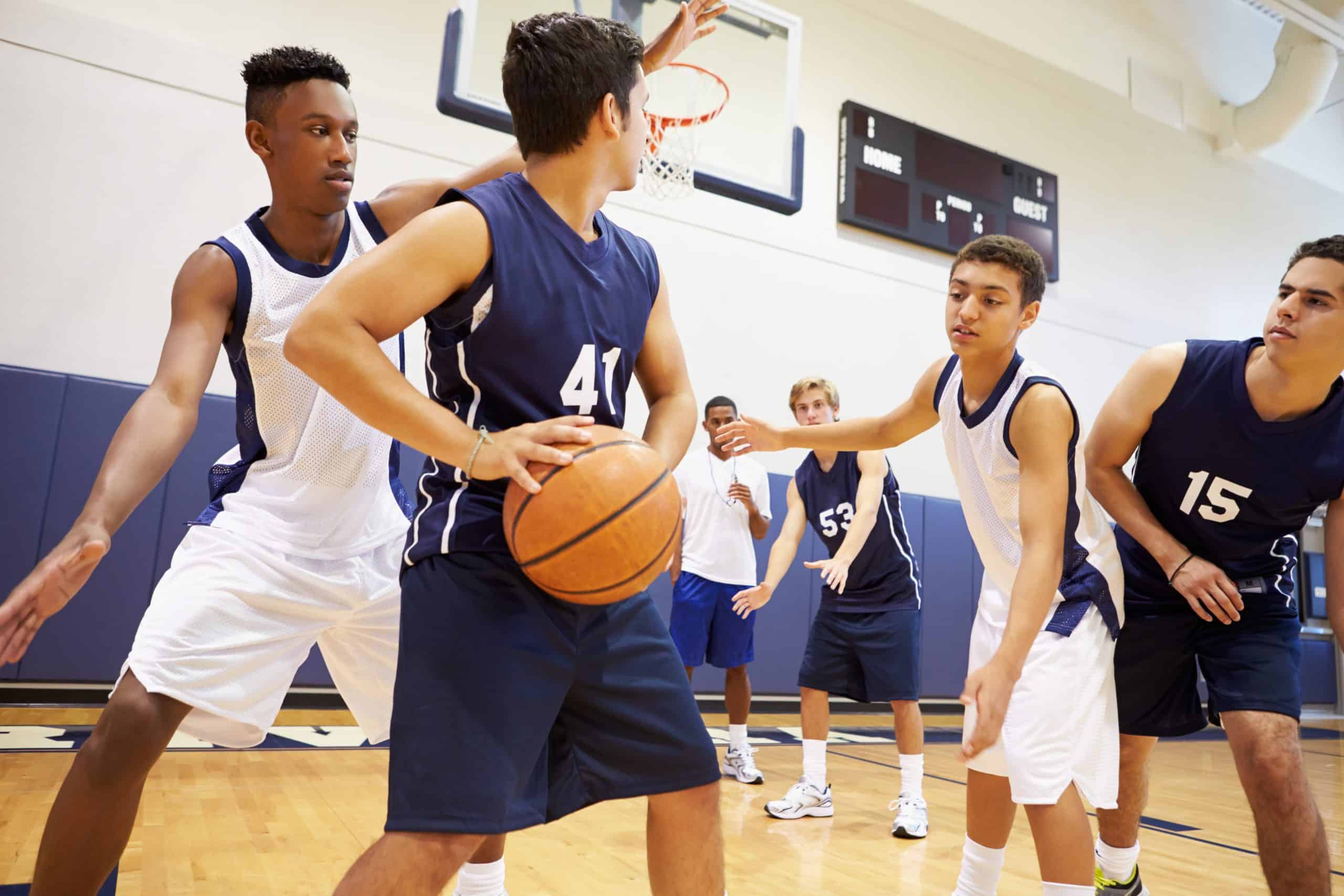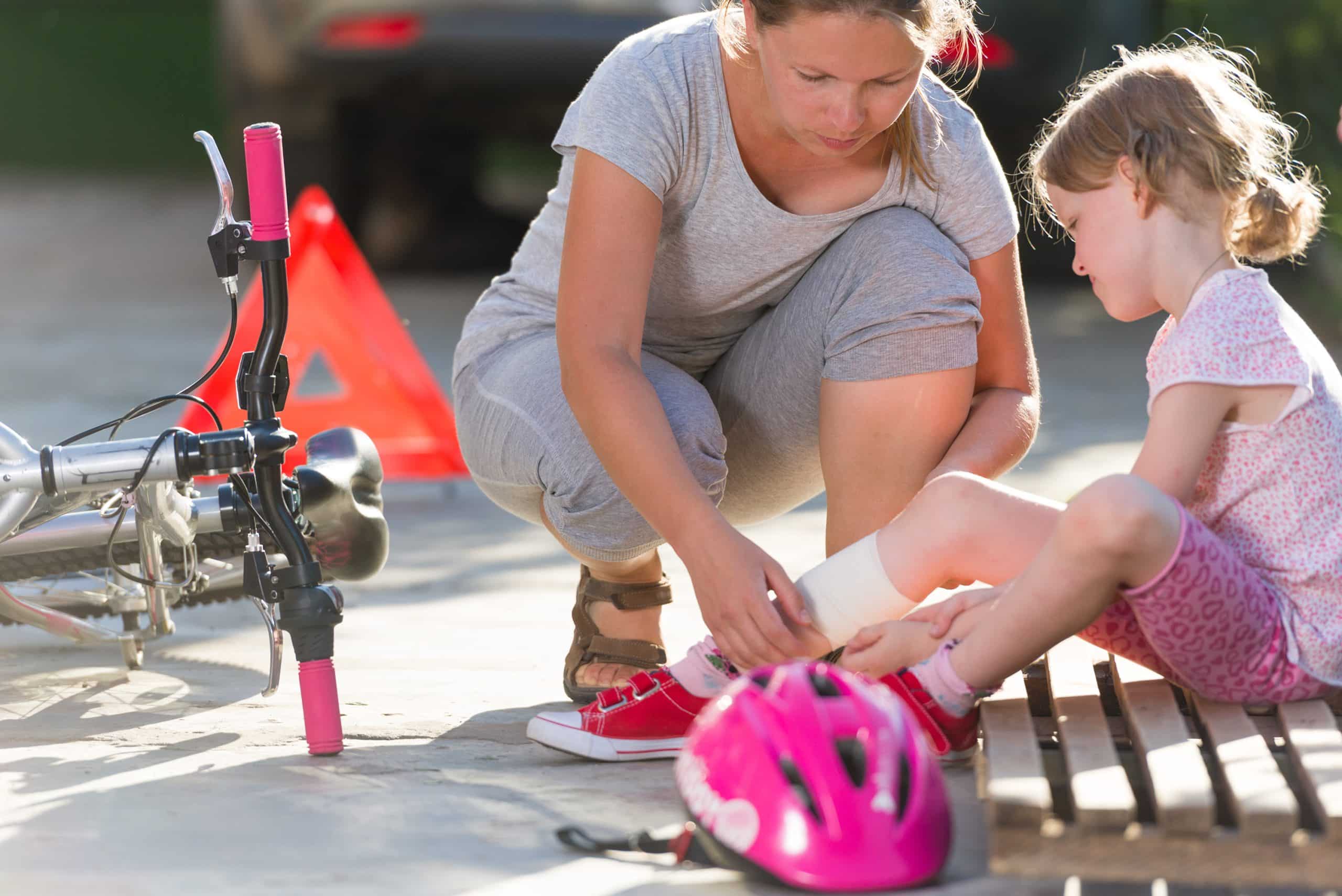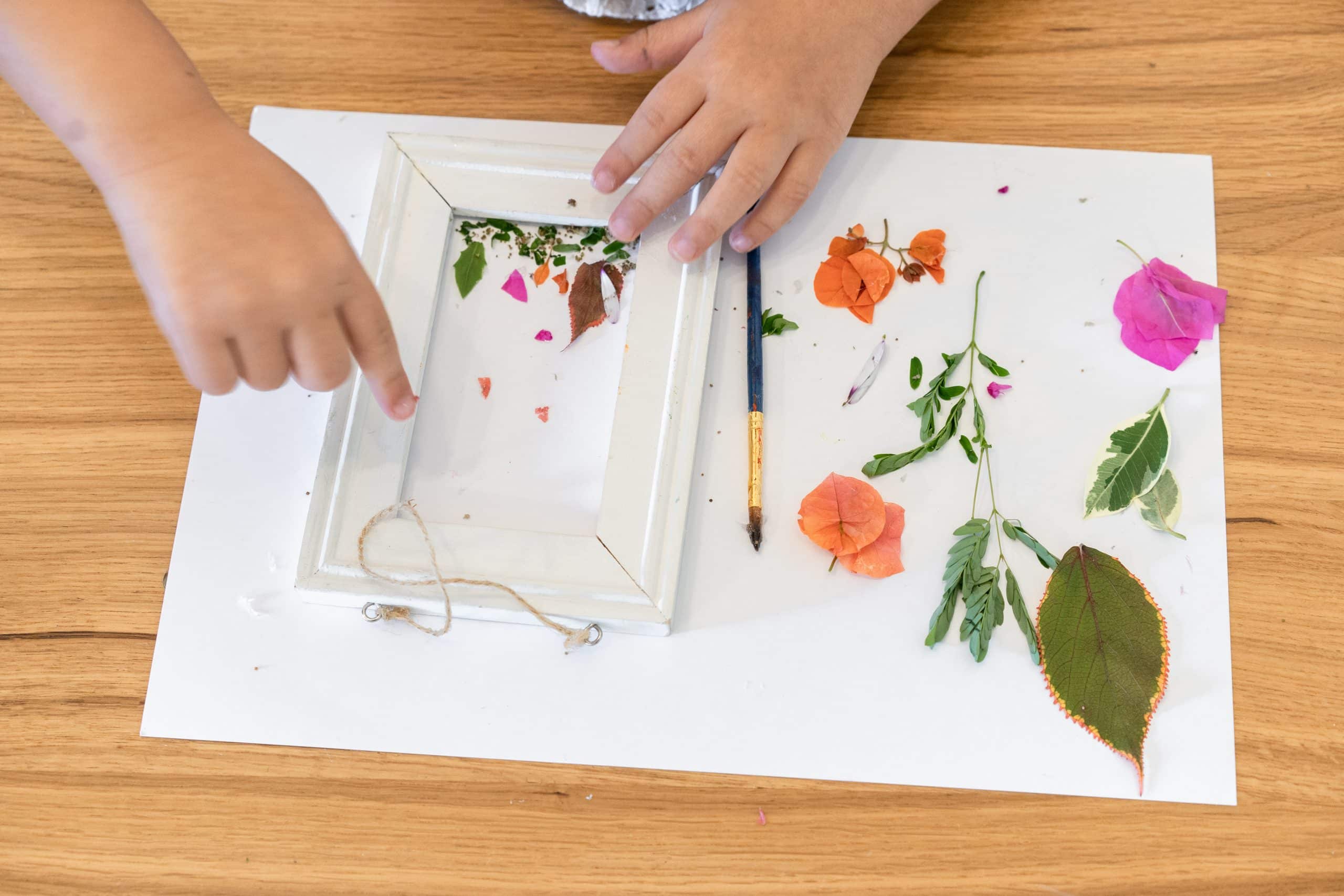UC4C provides the highest possible patient care
- All
- Allergies
- Blog
- Fun in the Sun
- Healthcare Advice
- Healthy Holiday
- Injury & Illness Information
- Lessons from a Pediatrician
- Sexual Health
Alabama’s First Measles Case in More Than 20 Years: What Families Need to Know
— Dr. Allury Lal, State Director, Alabama, UC4C: now part of the Zarminali Pediatrics family…
Can I Take My Baby To Urgent Care?
It’s late, your baby is unwell, and you’re left wondering: where do I go? Finding…
5 Common Daycare Illnesses
While adults and older children have more of a “blueprint” of immune tolerance built up…
When to Seek Treatment for Your Child’s Hives
Did you know 1 in 4 children in the U.S. have allergies such as a…
Does My Child Have a Cold or Allergies?
Allergy symptoms in toddlers and children can often look similar to a cold or a…
From Compassion to Confidence: How Volunteering Boosts Children and Teens’ Mental Health
Headlines across the nation continue to highlight the growing mental health crisis, with a focus…
MOVING TOWARDS A HEALTHY FUTURE: A GUIDE TO PHYSICAL ACTIVITY FOR CHILDREN AND TEENS
Forming healthy habits, like balanced nutrition and regular activity, during childhood creates a foundation for…
WATER PARK SAFETY
We are full swing into summer and by now maybe your children are getting a…
Your Ultimate Guide to Summer Safety
The temperatures are rising and although that marks the beginning of slow summer days, here…
No More Poolside Blues: Everything You Need to Know About Swimmer’s Ear
by: Allury Arora-Lal, MD, Chief Medical Officer As we head into summertime and look forward…
Game on! Why Sports Physicals Are a Must
Getting ready to join their team on the field or pack up for summer camp…
Strep’s having a party!
At least that’s what I’ve been telling parents for a couple of months now. I’ve…
Urgent Care or Emergency Room? Your Guide to Making the Best Decisions
It can be challenging to know exactly what kind of care your child needs when…
18 Easy Art Activities for Kids to Do at Home
Shared from Parents.com Encourage creativity and artistic expression with these fun, easy art activities for…
The Importance of Accessible Pediatric Urgent Care
The American Academy of Pediatrics (AAP) has raised concerns about the harmful impact of Emergency…
Where You Take Your Child for Urgent Care Matters – Here’s Why
During the winter months, parents are not usually surprised when children catch an occasional cold…
Parent Essentials: First-Aid Kit 101
As a parent, you know that scraped knees, sudden fevers, and unexpected bumps are all…
Urgent Care to the Rescue During the Trifecta of Virus Season, Even During the Holidays
By Dr. Allury Arora Lal, Chief Medical Officer of Urgent Care for Children As we…
Top Tips and Tricks to Survive Cold and Flu Season
Cold and flu season is now upon us. And, along with an uptick of RSV…
What Does It Mean to Be Sensory Inclusive?
By Dr. Allury Arora Lal, Chief Medical Officer of Urgent Care for Children According to…
Tips for a Healthier Halloween and What Parents Should Remember About Food Allergies
By, Misty Barrett, Pediatric Nurse Practitioner, Vice President of Clinical Affairs, Urgent Care for Children…
Know the Signs of Heat Stress and Heat-Related Illness in Your Child
Allury Arora Lal, MD, Pediatrician and Chief Medical Officer of Urgent Care for Children There’s no question…
Allergies Vs. Viruses – Which One Does Your Child Have?
Allury Arora Lal, MD, Pediatrician and Chief Medical Officer of Urgent Care for Children Sneezing, sore throat,…
Top 10 Things to Look for in an Urgent Care Center for Children
By Dr. Allury Arora Lal, Pediatrician and Chief Medical Officer of Urgent Care for Children…
Lessons from a Pediatrician, Who is Also a Mom
Allury Arora Lal, MD, Pediatrician, Mom, and Founder/Chief Medical Officer of Urgent Care for Children…
Monkeypox: What Parents Need to Know Now
By Allury Arora Lal, MD, Pediatrician, Mom, and Founder/Chief Medical Officer of Urgent Care for…
Tell Those Pests to “Buzz Off!”: Our Best Tips and Advice for Insect Bites and Stings
Many of us take the opportunity to enjoy more time outdoors during these long summer…
First-of-Its-Kind Sexual Health Screening Available at Select UC4C Clinics
Urgent Care for Children (UC4C) proudly offers FDA-approved Visby STI screenings to female patients ages…




























